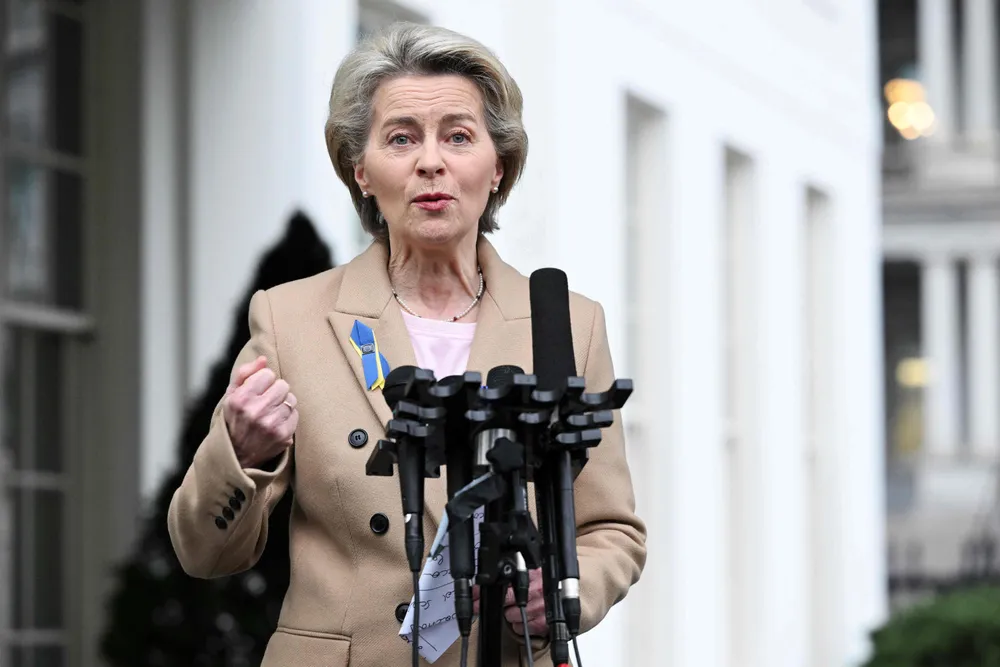US and EU to negotiate for inclusion of European minerals in clean-energy tax credits
US President Biden and European Commission head Ursula von der Leyen launch the Clean Energy Incentives Dialogue

US President Biden and European Commission head Ursula von der Leyen launch the Clean Energy Incentives Dialogue
